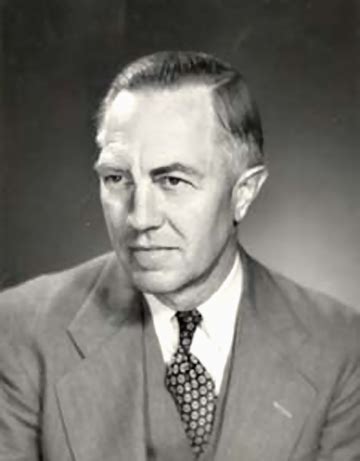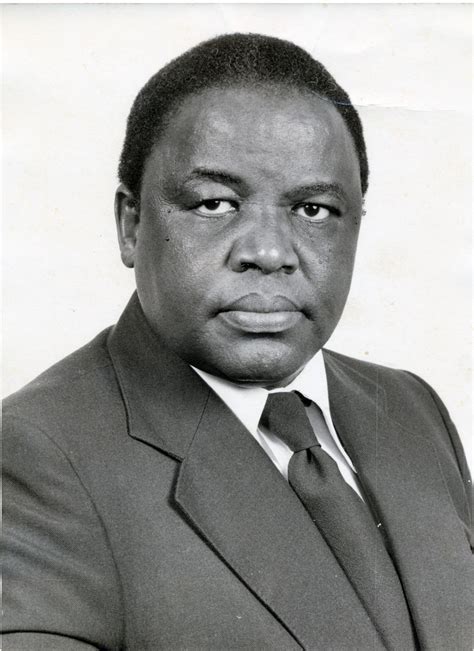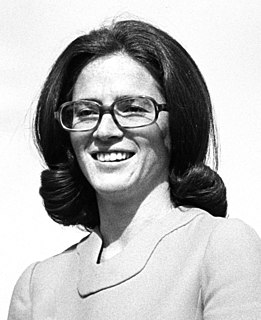A Quote by John Dalberg-Acton
The fate of every democracy, of every government based on the sovereignty of the people, depends on the choices it makes between these opposite principles, absolute power on the one hand, and on the other the restraints of legality and the authority of tradition.
Related Quotes
Authority has always attracted the lowest elements in the human race. All through history, mankind has been bullied by scum. Those who lord it over their fellows and toss commands in every direction and would boss the grass in the meadow about which way to bend in the wind are the most depraved kind of prostitutes. They will submit to any indignity, perform any vile act, do anything to achieve power. The worst off-sloughings of the planet are the ingredients of sovereignty. Every government is a parliament of whores. The trouble is, in a democracy the whores are us.
Although the sovereignty of God is universal and absolute, it is not the sovereignty of blind power. It is coupled with infinite wisdom, holiness and love. And this doctrine, when properly understood, is a most comforting and reassuring one. Who would not prefer to have his affairs in the hands of a God of infinite power, wisdom, holiness and love, rather than to have them left to fate, or chance, or irrevocable natural law, or to short-sighted and perverted self? Those who reject God's sovereignty should consider what alternatives they have left.
The United States presents a value system to the world that is based on democracy, based on economic freedom, based on individual rights for men and women, .. I think that is what makes us such a draw for nations around the world. People come to the United States to be educated, to become Americans. We are a country of countries and we touch every country, and every country in world touches us.
...[sacred] doctrine is especially based upon arguments from authority, inasmuch as its principles are obtained by revelation: thus we ought to believe on the authority of those to whom the revelation has been made. Nor does this take away from the dignity of this doctrine, for although the argument from authority based on human reason is the weakest, yet the argument from authority based on divine revelation is the strongest.
There are similarities between absolute power and absolute faith: a demand for absolute obedience, a readiness to attempt the impossible, a bias for simple solutionsto cut the knot rather than unravel it, the viewing of compromise as surrender. Both absolute power and absolute faith are instruments of dehumanization. Hence, absolute faith corrupts as absolutely as absolute power.
Above this race of men stands an immense and tutelary power, which takes upon itself alone to secure their gratifications, and to watch over their fate. That power is absolute, minute, regular, provident, and mild. It would be like the authority of a parent, if, like that authority, its object was to prepare them for manhood; but it seeks, on the contrary, to keep them in perpetual childhood.
For in a democracy, every citizen, regardless of his interest in politics, "hold office"; every one of us is in a position of responsibility; and, in the final analysis, the kind of government we get depends upon how we fulfill those responsibilities. We, the people, are the boss, and we will get the kind of political leadership, be it good or bad, that we demand and deserve.
The framers of our Constitution understood the dangers of unbridled government surveillance. They knew that democracy could flourish only in spaces free from government snooping and interference, and they put restraints on government overreaching in the Fourth Amendment of the Bill of Rights. . . . These protections require, at a minimum, a neutral arbiter - a magistrate - standing between the government's endless desire for information and the citizens' desires for privacy.







































